
For many across the United States, it is the word that is keeping us motivated to dig deeper and work hard over the next four years – resist. Under a Trump administration where already, only a couple of months into this new presidency, we are seeing a number of rights being eroded, overturned, defunded or threatened. Whether it is healthcare, immigration, transgender protections, or more, it is not hard to find a demographic in America that is going to be affected over the next four years.
One particular group of activists, the National Asian Pacific American Women’s Forum, is not about to go quietly into the night and wait to see what happens to members of their community. The NYC chapter of the NAPAWF launched a series of events starting earlier this year to mobilize their members into taking political and social action, and being equipped with specific action steps in the greater resistance against Trump.
The “Asian American Feminism in the Trump Era” series began in February, and sold out pretty quickly judging by the comments on the Facebook event page. NAPAWF NYC board member and Community Outreach organizer Julie Ae Kim, a native New Yorker, is one of the organizers of this series, where intersectionality is at the core.
After all, if your feminism is not intersectional, how truly feminist is it anyway?
In a profile piece for NBCnews.com, Julie explained how the series came about and why it is important for this group specifically.

“An Asian-American feminist movement is the only movement that is able to accurately advocate for and represent the needs of Asian-American cis and trans women. Every day comes a new attack on Muslims, undocumented immigrants, environmentalists, and so forth. There cannot be a divide and conquer — there must be a strong base that is ready to show up, resist, protest where we are needed. And yes, we are needed,” she told reporter Frances Kai-Hwa Wang.
Some of the topics that will be discussed in forthcoming events include the Asian-American involvement in the fight for reproductive justice, their role in politics, Asian-American history, and how to organize. The events are open to the public, for anyone who is interested in becoming an Asian-American ally.
“I welcome any ally to join the Asian American feminist movement because feminism is as much about learning and undoing the sexist and patriarchic structures that affect both men and women as it is about achieving equal rights and opportunities for women,” said Julie.
The first event in February was a sort-of post-Women’s March debrief, where the theme of the night was defining what Asian-American feminism will look like in the age of Trump. In the group’s February newsletter, where they declared they were “fired up and ready to fight (like hell)!”, they reiterated how certain rights were already the target of the Trump administration, but how they were encouraged by the uprising that is happening among many communities around the country.

“We know that our issues – immigrant rights, racial justice, reproductive justice, access to affordable healthcare, climate justice, and more – are all under attack right now. And yet we are heartened by the continued show of solidarity and outright resistance, most notably with the collective actions that took place in airports across the country over this past weekend, directly in response to a harmful, inept, and draconian executive order on immigration that essentially served as a Muslim ban, since it targeted immigrants – including those who have considered the United States home for a number of years – from seven Muslim-majority countries,” it said.
When the “Muslim Ban” executive order was announced, there were many who compared it to the Japanese Internment Camps where up to 120,000 people of Japanese descent (70,000 of which were American citizens) were forcibly incarcerated during WWII. Actor and LGBTQ activist George Takei voiced his dissent against the Muslim Ban on the 75th anniversary of the internment camps, which he and his family were part of.
“The lesson is we must never do that again,” he said in an interview with Democracy Now.

The NAPAWF-NYC Chapter is determined to be part of the resistance to ensure the rights of the Asian-American community, as well as many other Americans, are not snatched away by this bully, bigot president and his cohorts. In an interview with the Celebrating Our Sisters Tumblr account in April 2016 (which is a NAPAWF-NYC photojournalism project), Julie Ae Kim spoke about the issues that were particularly important to her and why.
“Gender equality, LGBTQ, and immigrant issues are the most important to me. Working in the immigrant community, I’ve realized just how little conversations about feminism and LGBTQ issues are happening due to cultural, generational, and language barriers. How can we start to bridge these gaps? How can we reduce stigma and taboos around LGBTQ issues in conservative immigrant communities? How can we start the conversation around gender equality, feminism, misogyny with the older first generation without alienating each other?” she said.
Julie, who taught herself Mandarin and lived in China for 1 year to promote sexual health education among LGBTQ communities, says she has specific goals as an activist and civic organizer.

“As a community organizer, my goal is to connect people in my community to each other so that amazing ideas and collaborations can occur. Particularly, I work a lot in Flushing and hold regular socials for people to meet each other. As a community activist and advocate, my goal is to challenge myself to look for problems that I can take tangible steps toward solving. I want to work on developing young immigrant women leaders. I want to build intergenerational relationships. I want to work build strong coalitions with other communities of color,” she said.
Currently in Congress, there have been only 12 Asian-Pacific women serving, with Patsy Mink, D-HI being the first in 1965. In 2017, there are 12 representatives and 3 senators of Asian-American descent in office. With her election to the U.S. Senate in 2012, Mazie K. Hirono of Hawaii became the first woman of color to serve in both chambers. We need to see a major increase of all women in federal government and state legislatures, but it will start with grassroots activism and community organizing, which is exactly what the NAPAWF are doing.
If you are interested in attending future ‘Asian American Feminism in the Trump Era‘ resistance events, follow the NAPAWF-NYC Facebook page to keep up to date with announcements.












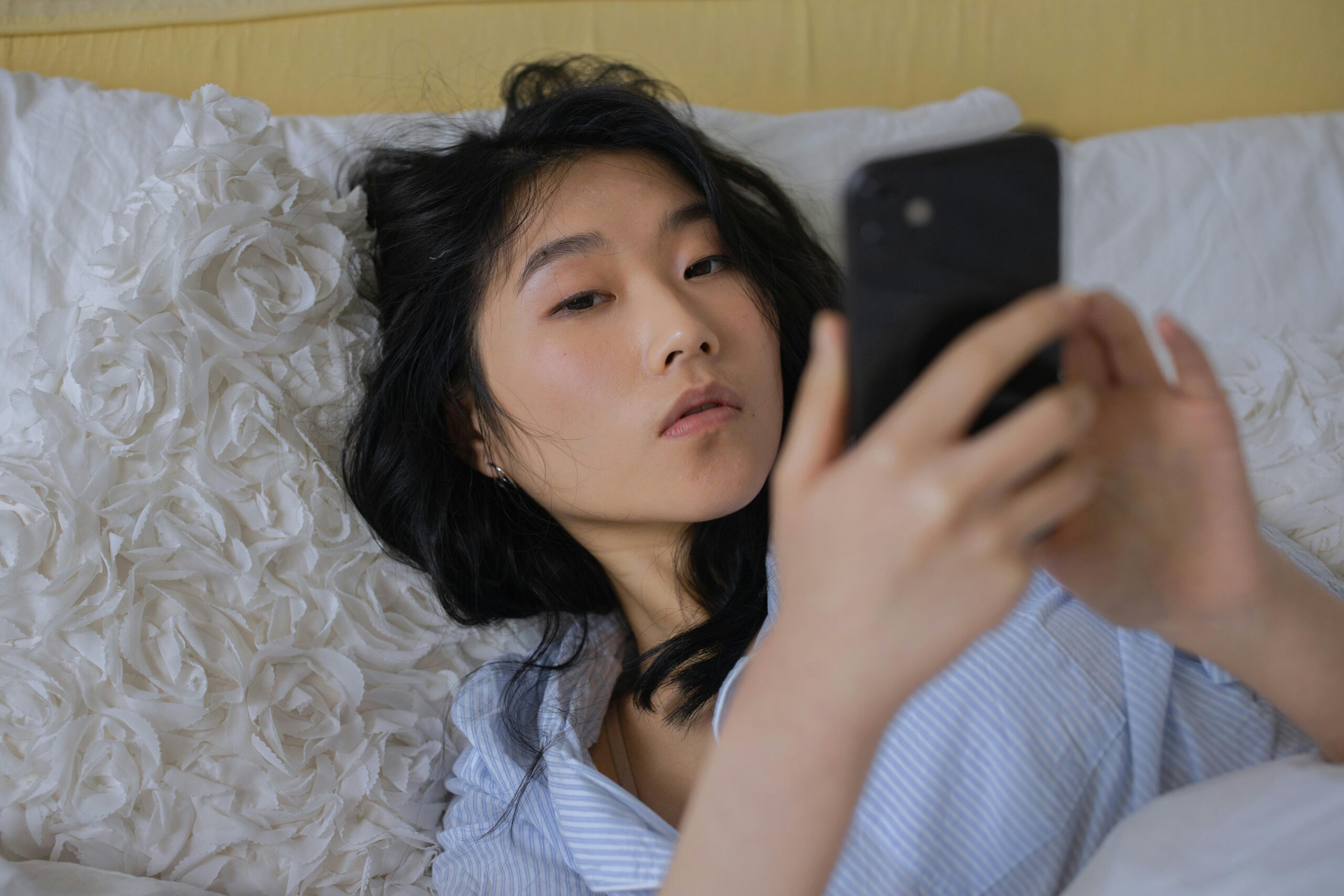
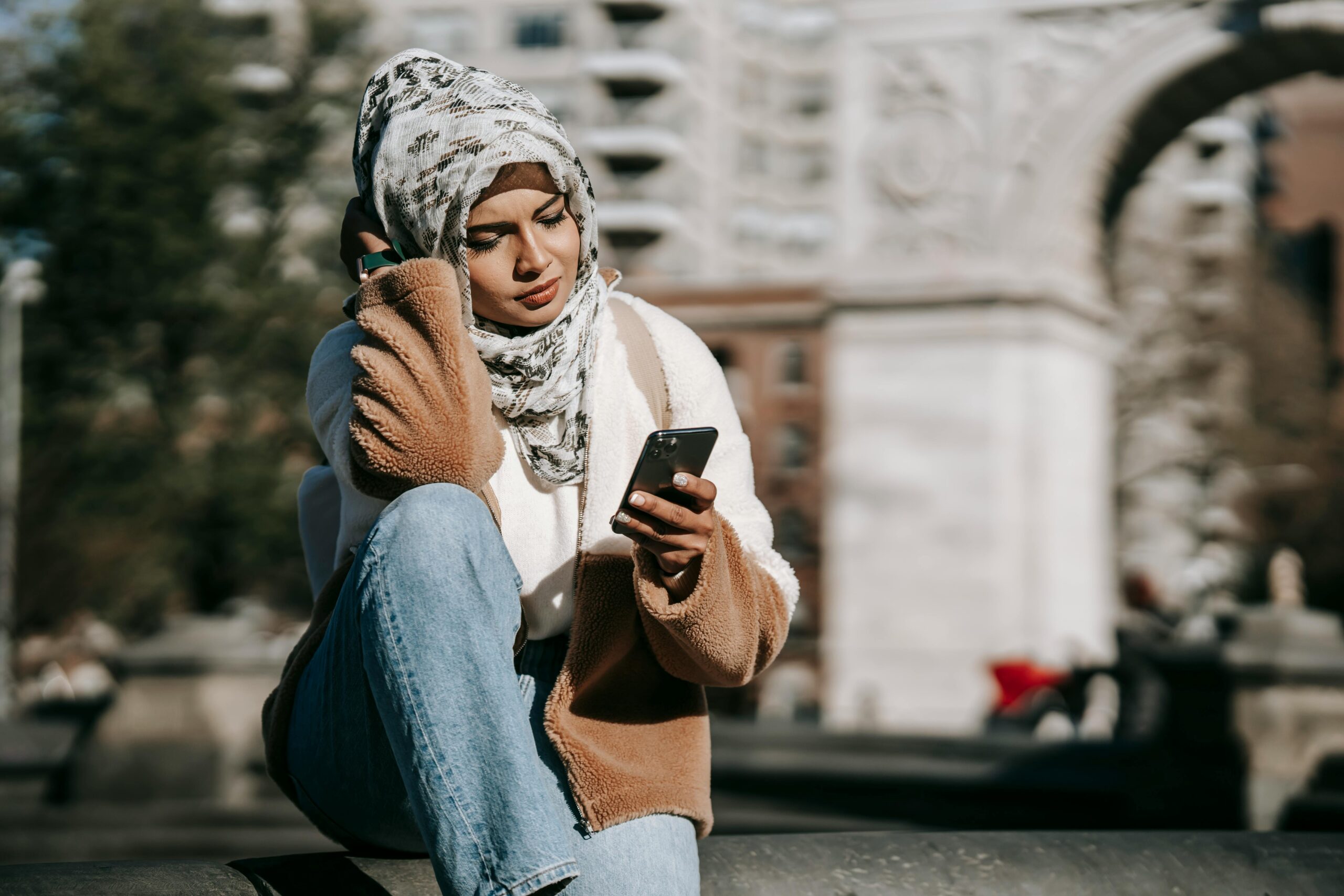
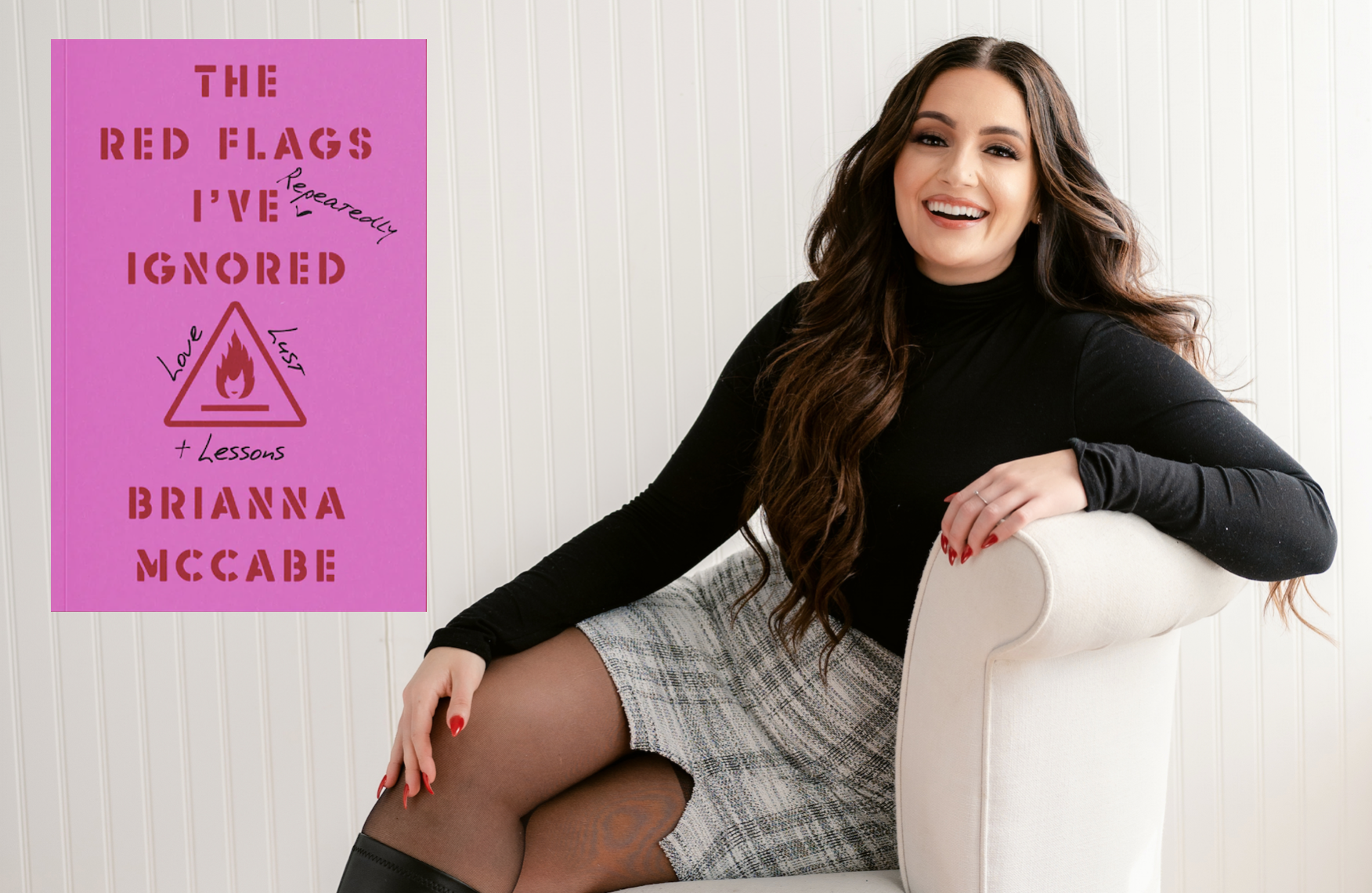
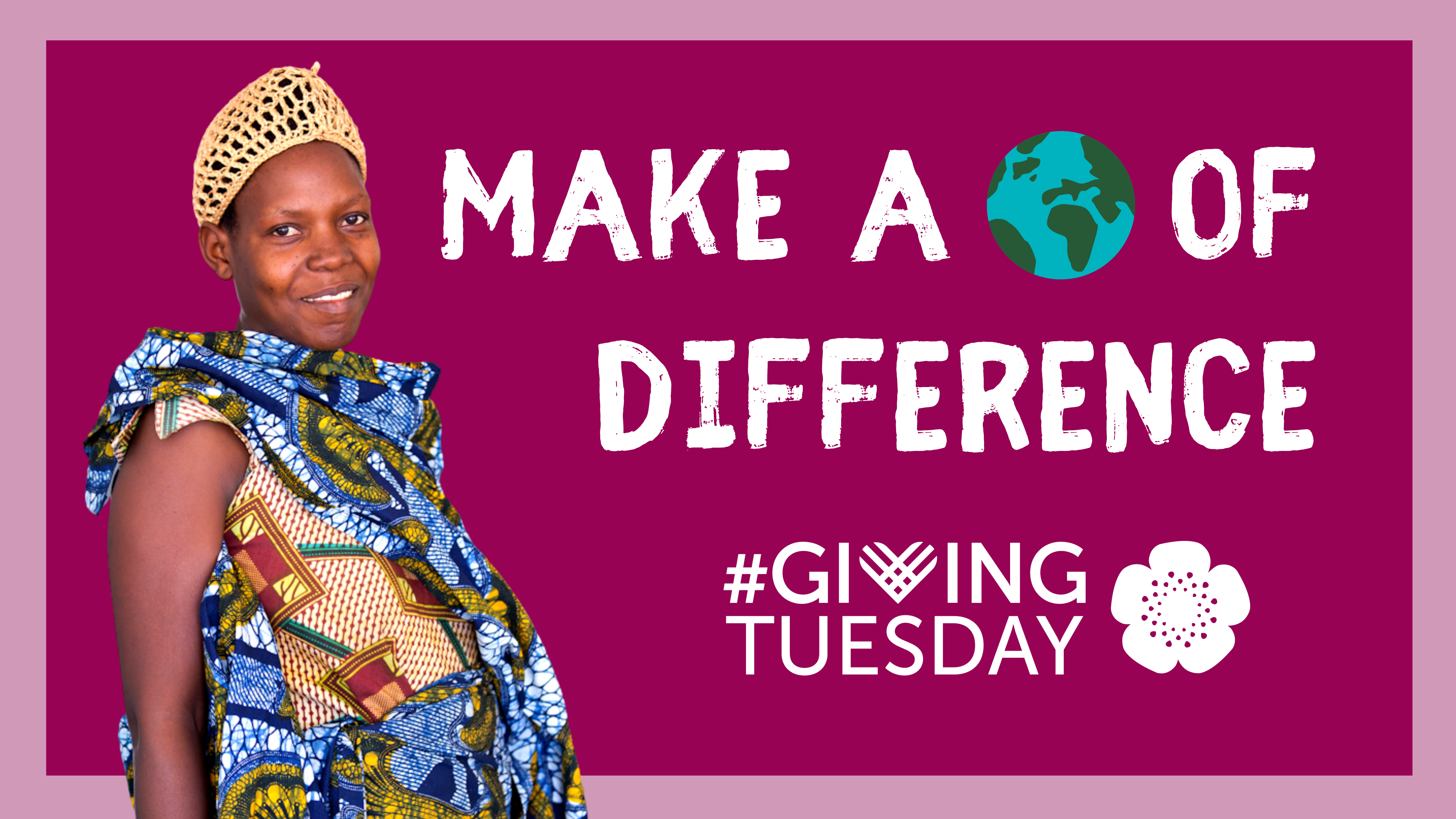
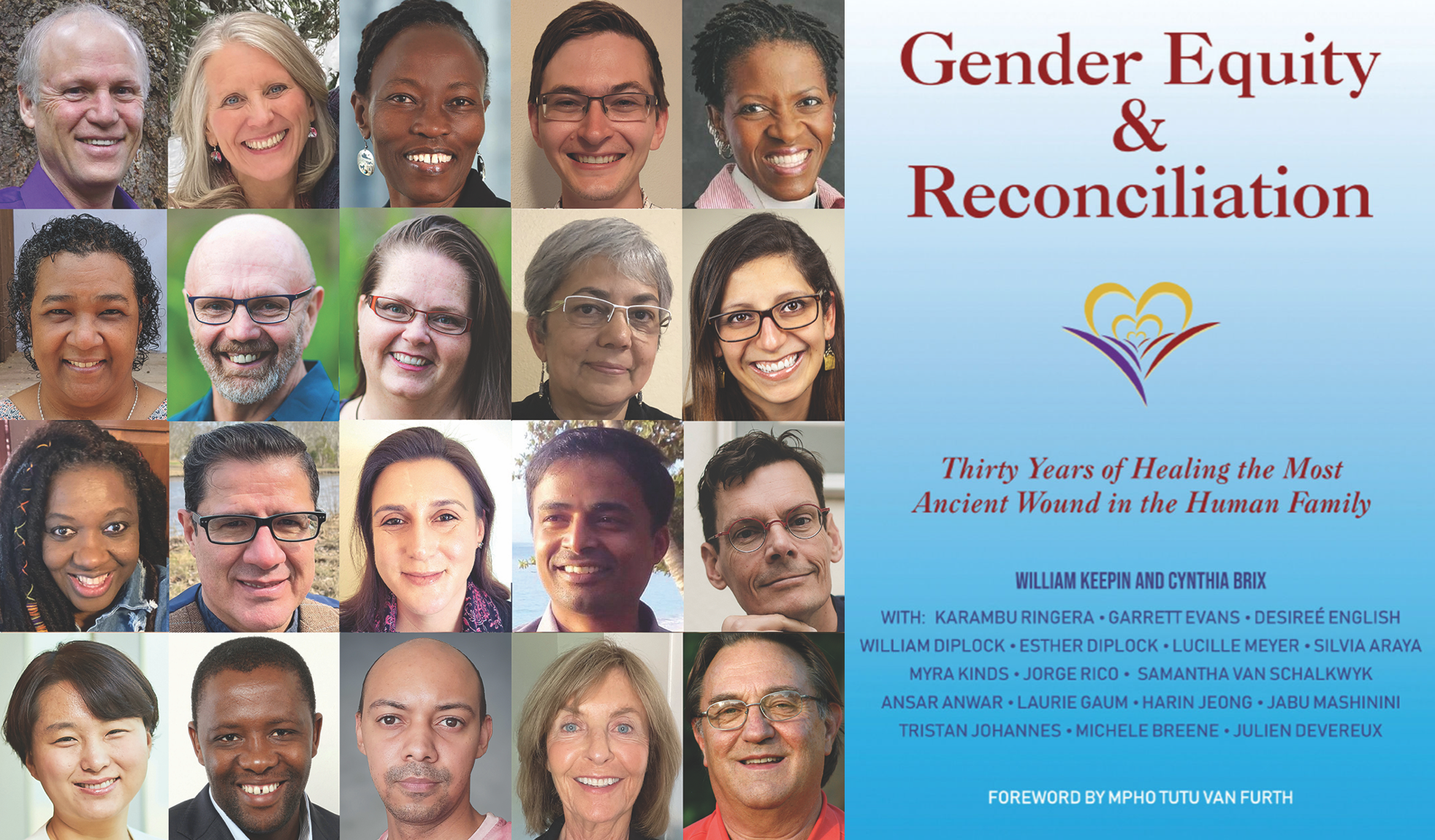
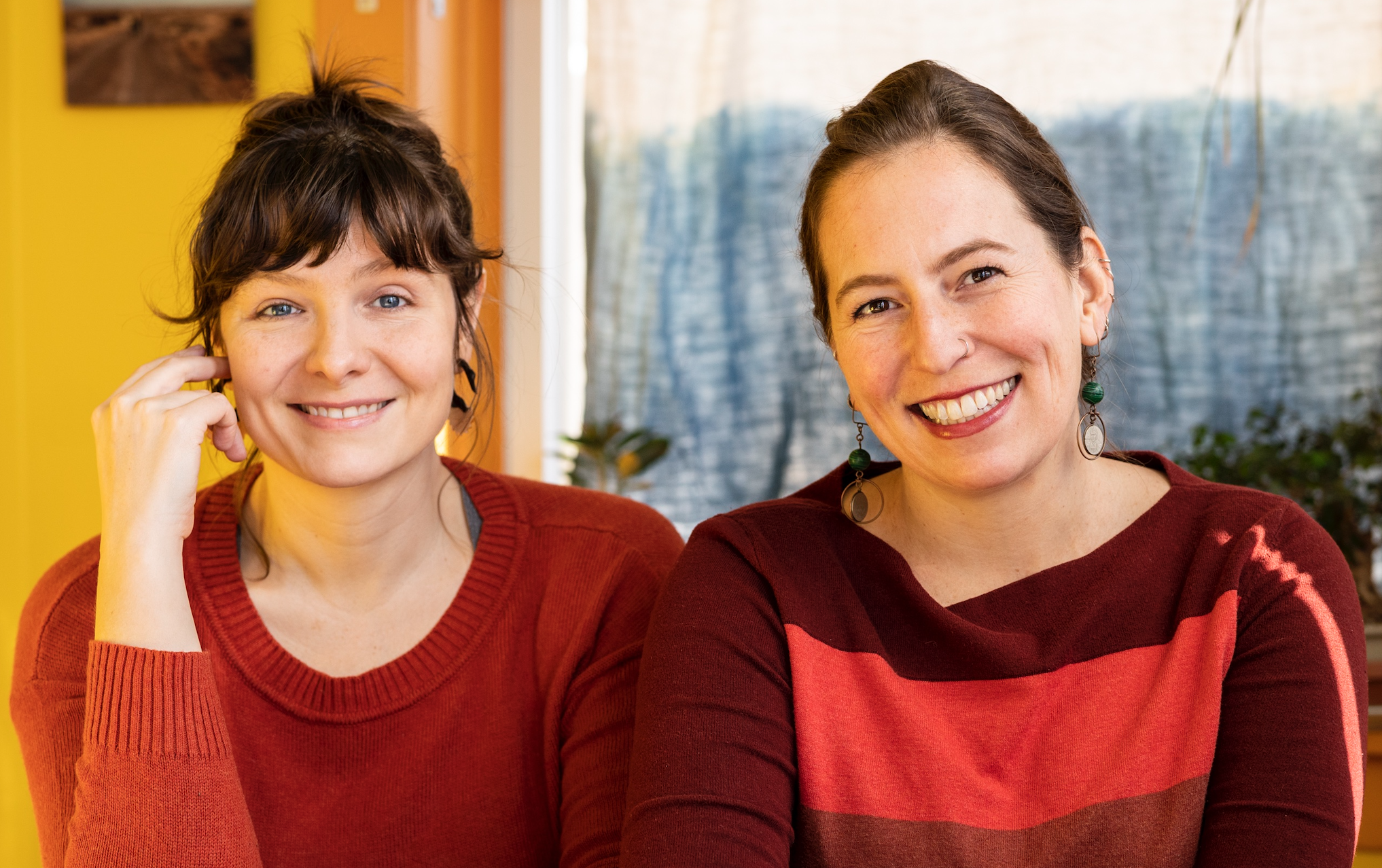
One thought on “Asian-American Intersectional Feminist Event Series Launched In NYC To Discuss Resistance Under Trump”